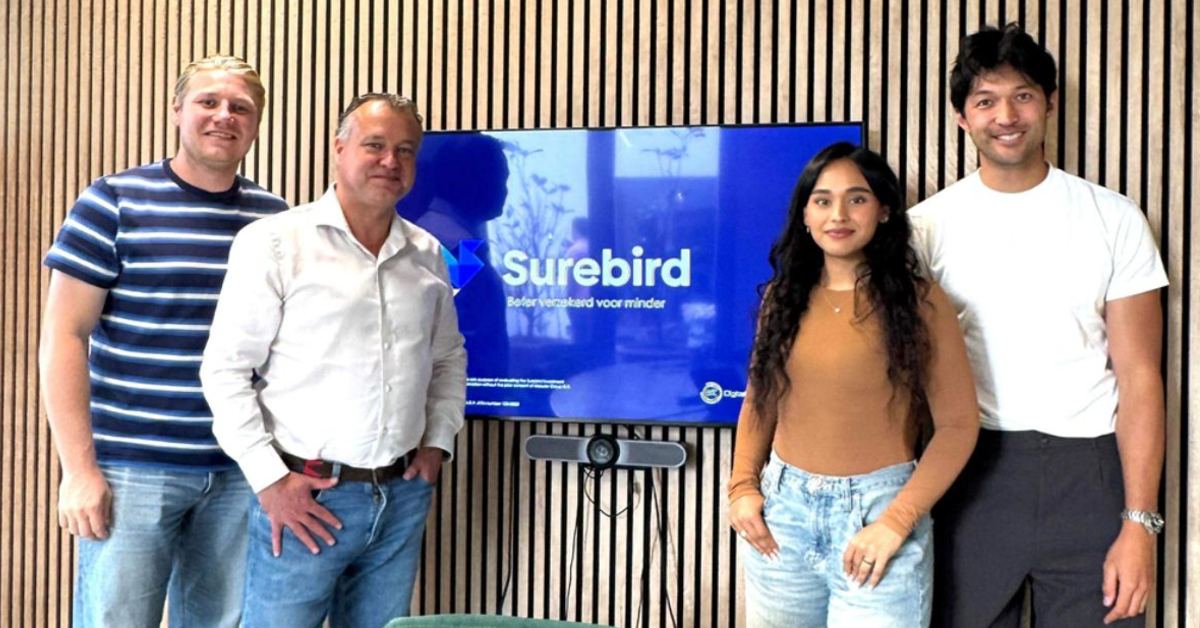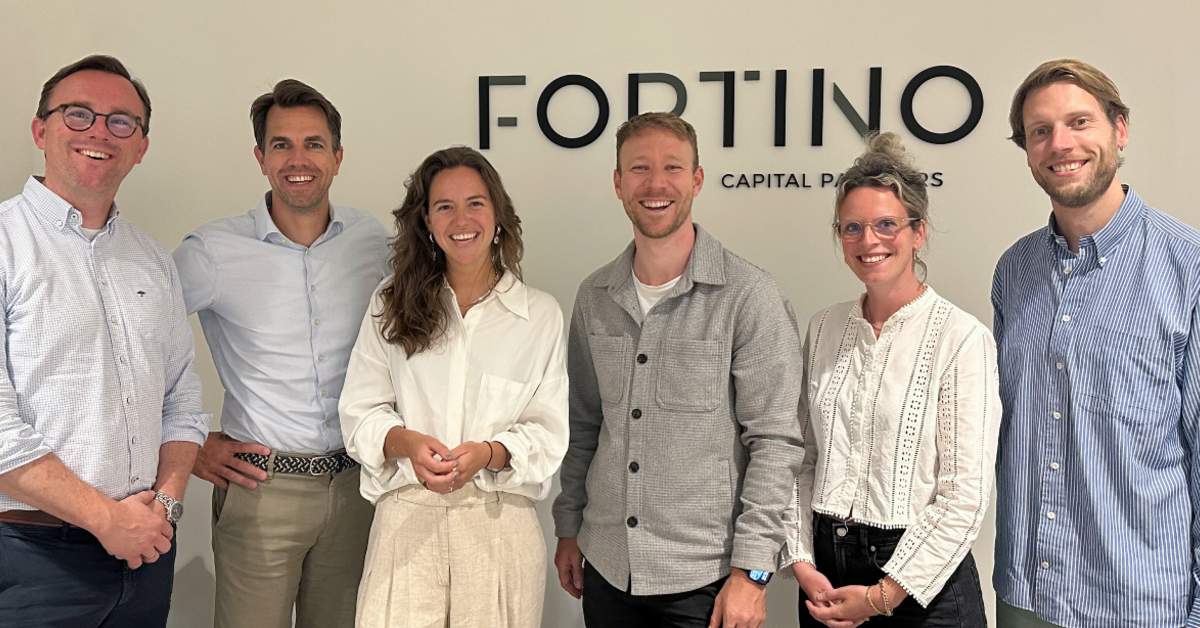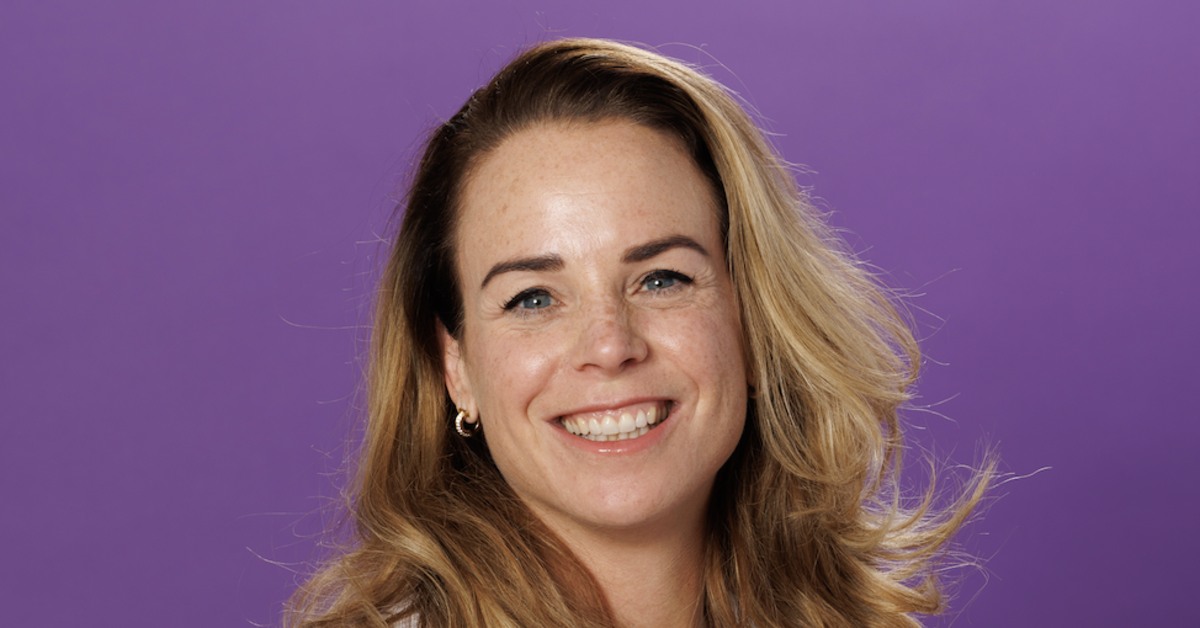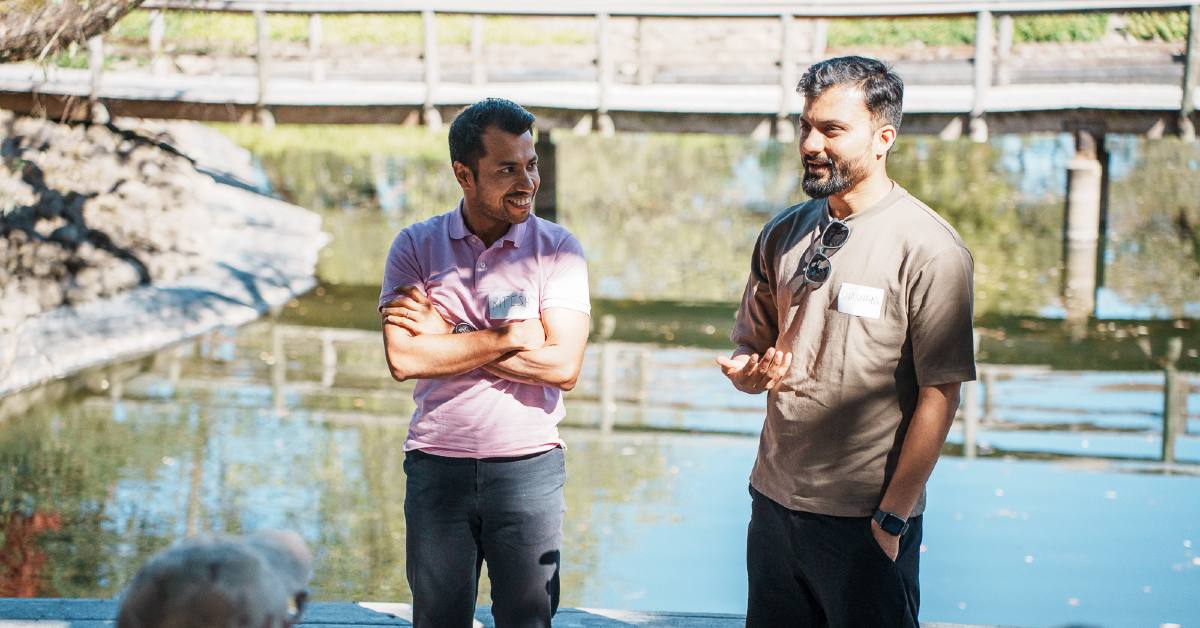While the coronavirus severely impacted various aspects of our economy, multiple businesses faced losses, and startups were afraid of fundings drying up. However, that all is now behind us with lockdown relaxing in Amsterdam and most parts of the Netherlands.
Do follow our special coverage on coronavirus over here.
Unlike incubators, which help aspiring entrepreneurs hone their ideas, an accelerator helps startups find a road to profitability and access to investors. Over the past few years, the number of accelerators has risen substantially in the European tech scene. They have played a major role in the startup ecosystem, forging a path and helping new and small businesses move forward.
We reached out to six well-known incubators and accelerators in Amsterdam to understand how not only they made it through but also thrived even when the odds were against them.
Lockdown couldn’t slow down accelerators
Even during the lockdown phase, accelerators didn’t slow down on making progress. Amsterdam-based HealthInc accelerated 9 startups during the lockdown.
Commenting on the scenario, Rune Theill, co-founder and CEO of another leading accelerator in the city, Rockstart says, “We had our AI and Health programs running during the lockdown, along with three corporate programs namely, Lely, Finture Solution and Xynteo.” Similarly another leading accelerator from the tulip city, Startupbootcamp managed to support eight startups during the lockdown, which were part of its first-ever fully digital Commerce 2020 accelerator program.
Further, Amsterdam-based accelerator Fashion For Good supported a total of 22 innovators across its Asia and Global innovation Platform. Antler is another well-known accelerator from the canal city that invested in 58 companies during the lockdown. Out of those, in Europe, 29 teams received funding, including those who are working in Fintech, Agritech, Medtech, SaaS, and remote gaming.
Adding on to that, ACE is an incubator in the capital, which kicked off its Spring Incubation Program right in the middle of the lockdown on May 11. The company quickly pivoted its offline program to the online space and a diverse group of 14 startups joined the online edition of its Spring cohort.
Raising funds during lockdown
It should be noted that three startups participating in Rockstart’s accelerator program did manage to bag funding.
Nordetect, a chemical analysis company based out of Copenhagen, closed a funding round with Rockstart, PreSeed Ventures (DK), SOSV, and Luminate Venture Corp. The energy and AI startup from Germany, Gridhound also secured around half a million euros and Denmark based startup Beyond Leather Materials, which produces plant-based eco-friendly alternatives to animal leather also raised €1.1 million from Rockstart and Vaekstfonden.
Startupbootcamp notes that funding usually starts after the Demo Day and this summer is when the startups will begin with their funding rounds.
Meanwhile, Magnus Grimeland, CEO and Founder confirms, “Antler invested over €6.5 million into startups during the lockdown, at a global scale. It also invested a total of €630K across 6 companies in Amsterdam.” Two of ACE’s alumni startups, Lalaland and Photosynthetic, secured funds during the quarantine from ASIF and Innovatiefonds Noord Holland. The current cohort is still running and is expected to bag funding towards the end.
New startups to keep an eye on this year
With so many new startups, there’s no dearth of new innovations and ideas. Some startups, however, catch their accelerator’s eye early on. For Healthinc, ApexQubit and LumaWomb are two such startups. ApexQubit is a US-based company that’s solving the time-consuming, and expensive, issue of trial-and-error laboratory experiments that happen during the design of new drugs. On the other hand, Paris-based LumaWomb is a women’s health focussed startup that uses infrared light to thicken endometrial lining, helping improve fertility.
The SaaS startup Pact Care caught Rockstart’s attention early on. The startup is developing patient access and care collaboration solutions to reduce waiting times for medical appointments and prevent mis-referrals. There’s a long wait time for patients visiting doctors and the wait has increased ever since COVID-19. Amsterdam-based Pact is a SaaS-based platform that helps patients and insurers’ waiting list mediators to quickly and effortlessly find providers with the best-matching clinical expertise and with the available capacity for an earlier appointment.
Antler named five startups that have made a mark since participating in its accelerator program. Intalayer, which is a Sydney-based company that offers a SaaS platform for software companies to empower and scale high-performance product teams. It aims at automating and simplifying inefficient processes. Next up is Pathzero, which is also based out of Sydney, Australia. The startup focuses on sustainability and is touted to be a simpler, more affordable way for SMEs to go carbon neutral.
Aurelius and Elenta are also based out of Sydney, Australia. The former is a healthtech company that connects people fighting addiction to a community of recognition and support. Elenta is an Edtech startup that aims at making corporate learning and development more effective, by helping employees learn on the job. Finally, the clean-tech startup Trace is based out of Sydney. It enables one to offset their carbon footprint through a monthly subscription or at point of sale.
One of the startups currently participating in ACE’s incubation program is Kibo. The company’s offering is an AI career advisor that eases psychological struggles pertaining to career uncertainty and helps students find a purposeful career. Another interesting startup is Slim AI, a tech-driven startup that combines the effectiveness of Neural Networks with the efficiency of traditional word-based search. The founders of Slim AI also recently won the Facebook ‘Computationally efficient NLP’ research award.
Tackling challenges
There are certain associated activities for a startup when it joins an accelerator. Since lockdown was in effect, accelerators had to come up with new ways to help startups learn and push further.
HealthInc’s Janelly Ortega, Operations Manager notes they quickly turned its program digital and says startups enjoyed the e-program. “A drawback of going fully digital is when it comes to creating an experience. The startups were also able to record and review workshop sessions. The challenging bit for the company was the transition phase wherein things got a bit chaotic while understanding new tools.”
Rockstart CEO Rune Theill adds, “To run events, workshops, or investor dinners was not challenging. In fact, it was beneficial for attracting an international audience, making sure we maintain the audience quality to accommodate all the startups’ needs. We also learned that performing selection and investment decisions is more difficult in a remote environment as one can’t meet with the founders and their teams face to face. This makes it a bit harder to assess the business, personalities, and overall team dynamic.”
For Startupbootcamp, lockdown didn’t pose a challenge. The company used the last few months to scout, select, and accelerate startups active in the e-commerce space, fully online and remotely. “There were some operational challenges since everything was online. Not only during the program but also during Demo Day. All startups attended the program from their home countries and as a result, it was sometimes challenging to deal with different time zones, getting people to attend the meetings and courses in time, and getting enough interaction during the given courses and workshops,” says Patrick de Zeeuw, co-founder and CEO of Startupbootcamp.
The accelerator did prepare for such circumstances as it had a part of its digital program ready with the courses already online. Zeeuw adds, ‘’The Commerce 2020 is the first-ever remotely run Startupbootcamp program. From scouting to selection, and from acceleration to the virtual Demo Day on June 25, we did everything online. Additionally, about 100 mentors supported us in our journey. We are accelerating new startups with active involvement of VC’s, Angel Investors, and potential corporate partners.“
The COVID-19 scenario also pushed Fashion for Good to hold their very first virtual Selection Day. The company hosted an international audience of corporate partners and innovators through an online webinar. About 21 innovators pitched their ideas to Fashion for Good corporate partners and advisors. And then 13 innovators were selected from the group to begin the Accelerator Programme immediately
Antler faced a similar challenge since its cohorts usually run ‘in person’. Considering COVID-19, the company quickly introduced virtual solutions and increased functionality on its digital hub for its founders. The Antler program includes an Investment Committee stage, and a final Demo Day. It has already hosted seven investment committees remotely, corresponding to the programs in London, Singapore, Stockholm, Amsterdam, Nairobi, Oslo and Sydney. Furthermore, Antler has hosted 2 demo days online — NYC in April and Sydney in June.
The accelerator’s team is working towards another batch of remote demo days as well, with Singapore next in July. This was all conducted via the company’s proprietary platform. Antler also launched the “COVID-19 Initiative”, wherein it will invest in up to 5 startups that are working on ideas responding to the impact of COVID-19. Antler has received over 2,000 applications in just a few weeks since announcing the initiative and is currently in the process of choosing the companies in which to invest.
ACE too managed to pivot quickly to the online space. It conducted all of its one-on-one mentoring sessions, workshops, and networking events online and observed that the turnout was larger than physical events. Moreover, moving the program online allowed the incubator to select startups that would otherwise be unable to physically attend the program. The online program proved to be very effective, engaging, and energetic for the incubator’s cohorts.
Image credits: Shutterstock
With inputs from Akansha Srivastava
This article is produced in collaboration with StartupAmsterdam. Read more about our partnering opportunities.










01
From telecom veteran to Dutch Startup Visa success: The Jignesh Dave story